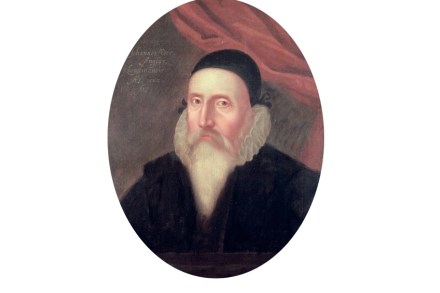Bookends: A matter of opinion
In an age when the merely mildly curious believe they can get all they really need to know from Wikipedia for free, A. N. Wilson’s fellow literary professionals must take heart from his expectation that there is still possibl to charge for a work of such succinctness that it is essentially an extended Wikipedia entry enlivened by some opinions. Wilson’s Hitler: A Short Biography (Harper Press, £14.99)certainly trumps Wiki for stylistic brio and brims with the author’s customary zip and zing. Inevitably few of the insights are especially original, but they are punchily delivered, particularly regarding Hitler’s early bone idleness and his modish, rather than outlandish, belief that science had














